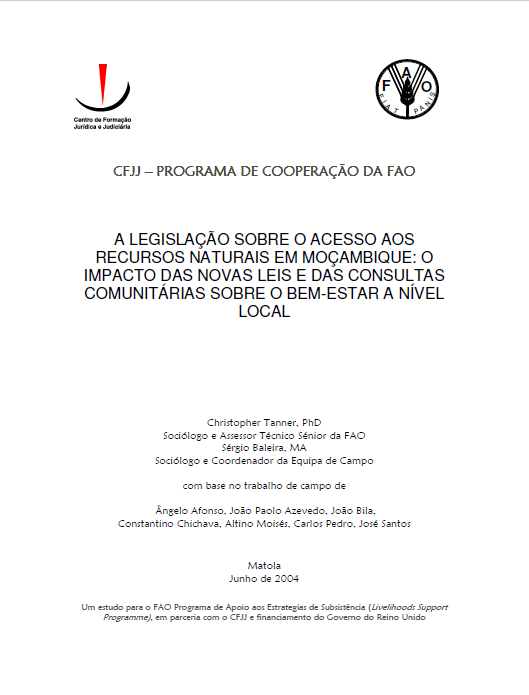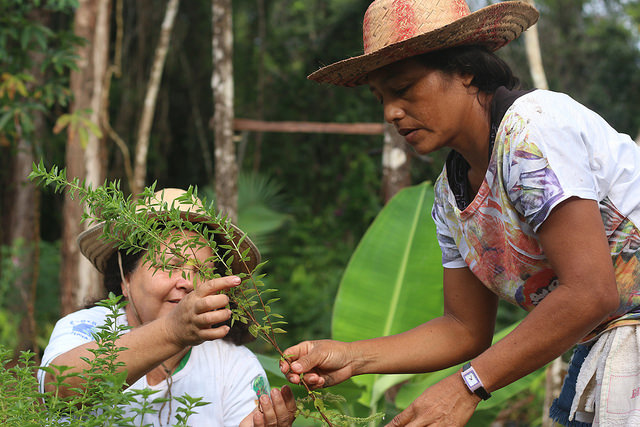A legislação sobre o acesso aos recursos naturais em Moçambique: o impacto das novas leis e das consultas comunitárias sobre o bem-estar a nível local
Este relatório considera um dos aspectos práticos mais importantes da participação local na Lei de Terras e outra legislação sobre recursos naturais: a consulta comunitária, através da qual os estranhos – o Estado, novos investidores, empresas madeireiras, grupos de hotéis – obtêm acesso à terra e recursos locais com a aprovação da população local.







